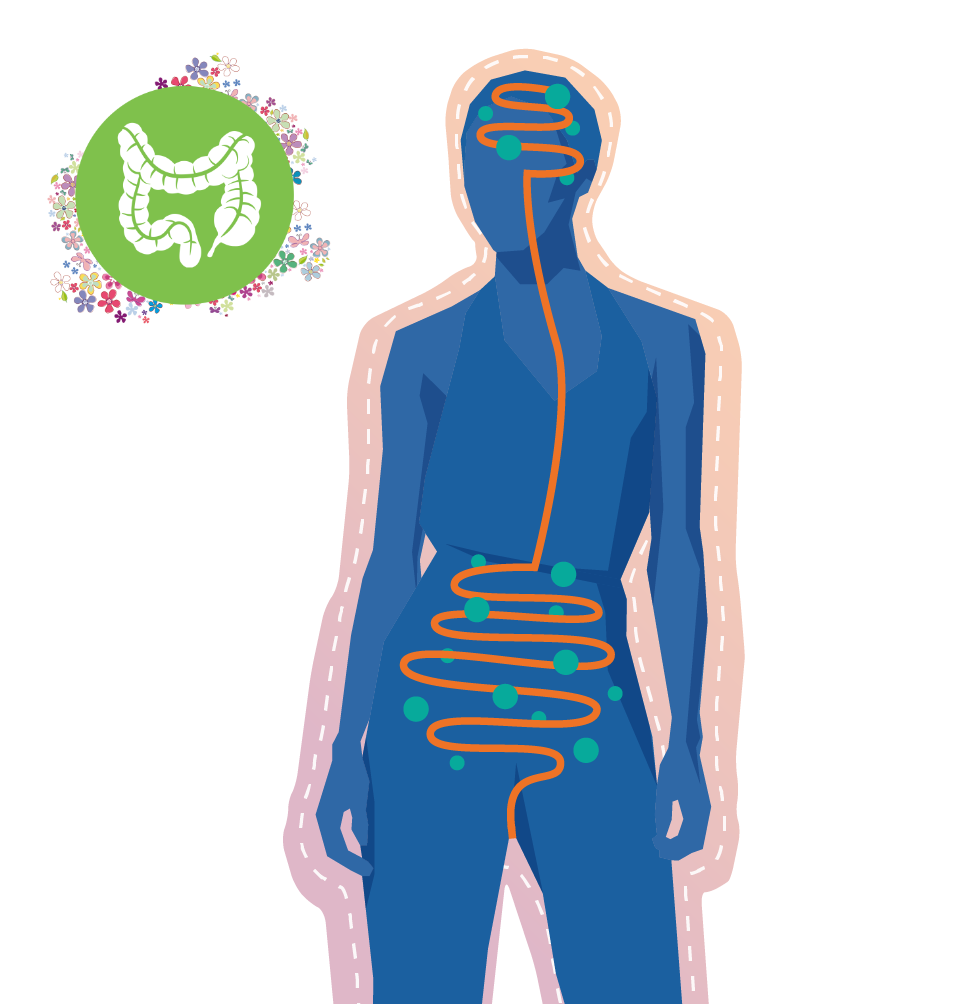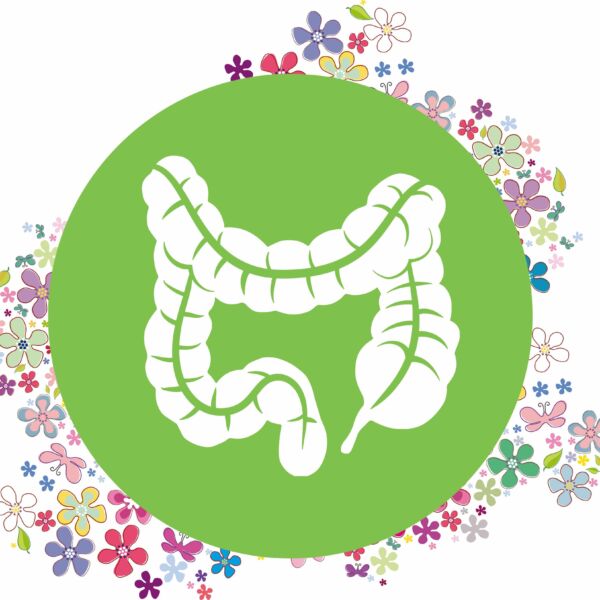The gut, brain and psyche are connected, that much is clear. However, the mechanisms behind this have not yet been clarified in detail. The topic has a lot of potential.
Gerhard Rogler, “It’s getting on my stomach” is just one of many expressions that point to the connection between the brain and the gut. What does science say?
Yes, that is indeed the case. The connection between the vagus nerve, the tenth cranial nerve, and the intestines has been proven. There is a so-called gut-brain axis. There are more nerve cells in the intestinal wall than in the spinal cord. These communicate with the brain and vice versa. For example, they transmit pain and regulate intestinal activity: if we see tasty food, our intestinal activity increases – before we even eat. What is becoming increasingly clear: Intestinal bacteria are not passive, they produce messenger substances that also occur in the brain.
How do they influence the brain?
It is known, for example, that certain strains of intestinal bacteria are missing in patients with depression. Current studies are investigating whether stool transplants can reduce depression. Stool transplants have been shown to lead to improvements in children with autism. The connection between intestinal bacteria and the psyche has been proven. Unfortunately, it is not yet known how it works. Conversely, we know that stress has an effect on the gastrointestinal tract via the brain-gut axis and can cause changes in bowel activity and the perception of abdominal pain. For example, stress can be a trigger for inflammatory episodes in chronic inflammatory bowel disease. There is exciting data that stress reduction and stimulation of the vagus nerve can improve chronic inflammatory bowel disease.


